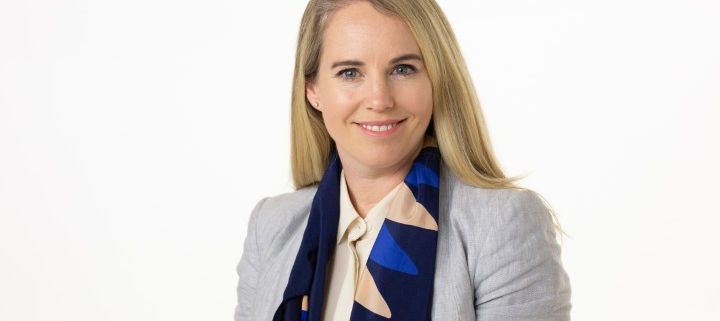New NZIBF director outlines exporters’ response to tariffs
New NZIBF director outlines exporters’ response to tariffs
The New Zealand International Business Forum (NZIBF) has entered a new chapter of leadership, with Felicity Roxburgh stepping in as executive director at a time of heightened geopolitical uncertainty.
Roxburgh brings almost 20 years’ experience in trade and foreign policy. She has served in senior roles at the Ministry of Foreign Affairs and Trade, with postings in Hong Kong, New York and in the Pacific. Most recently, she was New Zealand’s Consul-General in New Caledonia, and before that led the business programme at the Asia New Zealand Foundation. She succeeds Stephen Jacobi who helped establish NZIBF in 2007.
Roxburgh had little time to ease into the role. Just weeks after joining the Forum she was fronting 15 media interviews on the United States’ sudden 15% tariff on New Zealand goods.
“There is a large appetite to understand what is happening in clear, simple terms and the impact on our exporters,” she says. “People knew the tariffs were going to impact us, but they didn’t know how or why.”
One of her top priorities is ensuring the fast-moving responses of business are better understood.
“Companies are responding to tariffs, supply chain disruption and investment uncertainty in real time”. Whether through scenario planning, diversifying into new markets or passing on costs to importers and consumers, she says these real-time adjustments are often invisible in high-level policy discussions, yet they are vital for resilience and competitiveness.
She is also focused on the future of New Zealand’s free trade agenda. Roxburgh points out that while New Zealand benefits from a dense “elaborate spaghetti network of free trade agreements”, gaps remain. “India and the US are the big missing pieces,” she says, noting that the government is putting huge investment into growing the India relationship and negotiating an FTA.
“At the same time, behind-the-border barriers — non-tariff costs — hit our exporters up to $10 billion a year. It’s a huge challenge.”
She also sees real opportunity in major trade blocs deepening collaboration. “If the Comprehensive and Progressive Agreement for Trans-Pacific Partnership (CPTPP) and the European Union were to do something together — and with us being a member of the CPTPP — it would be around 30% of the global trade. That’s one to watch.”
For Roxburgh, NZIBF’s role in the current climate is clear: to amplify exporters’ experience and work with the Government to push forward on market access.
“What does a business response look like to geopolitical uncertainty? Scenario planning, diversification, pricing changes, working with partners. These are practical steps companies are taking, and that’s the story we need to tell.”



